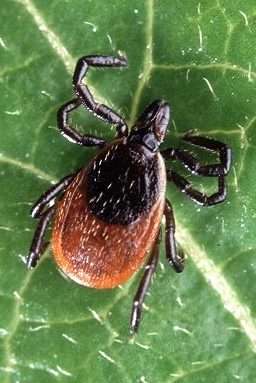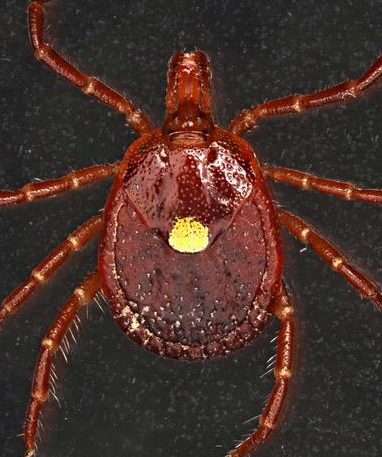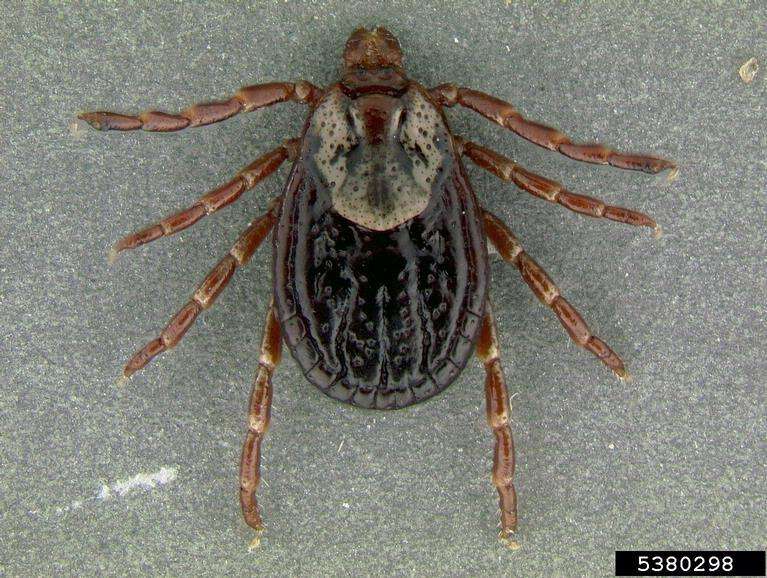In the United States, May is Lyme Disease Awareness Month. This means that it is a great time to learn more about ticks and the diseases they can spread. In this blog post, we will further discuss different types of ticks in the Washington Metropolitan area, preventative action you can take to better protect yourself from them, and things to be aware of when it comes to Lyme disease.
Ticks
Ticks are most often found in wooded or grassy areas, where they can wait for a host to come by. When a tick finds a suitable host, it will attach itself firmly to the skin and begin feeding. Ticks can attach themselves to any part of the body, but they are most commonly found on the head, neck, or arms. Ticks will feed for several days before falling off.
What Ticks Do I Need To Worry About? (With Pictures)



- Blacklegged “Deer” Tick
This tick is the predominant carrier of Lyme disease. It is most commonly found on white tailed deer before jumping to human hosts.
- Lone Star Tick
These ticks get their name from a white spot found on the backs of the females. The shape of the marking is said to resemble the Lone Star, as shown on the state flag of Texas. Otherwise, reddish in color, this tick has recently been noted for its ability to cause meat allergies.
- American Dog Tick
The American Dog tick is hard tick. Hard ticks can be characterized by the scutum, or “plate” on their back. These ticks are predominantly known for passing along harmful diseases such as Rocky Mountain spotted fever and more. Their name comes from their location, paired with their preferred host – the domesticated dog and North America.
What do you do if you find a tick on you?
If you find a tick on you, or your child, immediately use fine-tipped tweezers to remove it. Grasp the tick closely to the surface of skin and remove it by pulling upward. After removing the tick, disinfect the bite and wash your hands with soap and water. For further care, be sure to consult with a health care professional.
Preventing Tick Bites
Preventative measures can be taken by both avoiding wooded or grassy areas during peak tick season (April-September) and by taking measures to keep ticks off of your body. Wearing long pants and long sleeves when outside can help, as well as using insect repellent. After being in an area where ticks may be present, it is important to do a full-body check for ticks and remove them promptly. Shower after being outdoors.
Keep your home protected.
Lyme Disease Awareness Month
Ticks can transmit Lyme disease (and other diseases) to humans through their bites. Lyme disease is caused by bacteria that is transmitted from the tick to the human host. Lyme disease can cause a wide range of symptoms, including fever, fatigue, muscle aches, and joint pain. If left untreated, Lyme disease can lead to more serious problems if it is not treated. The symptoms of Lyme disease can vary and may not appear immediately after a tick bite. Symptoms may include fever, headache, fatigue, and a rash that looks like a bull’s-eye. If you think you have been bitten by a tick and are experiencing these symptoms, it is important to see a doctor right away. Lyme disease is treated with antibiotics and usually goes away without complications.
For More Information
